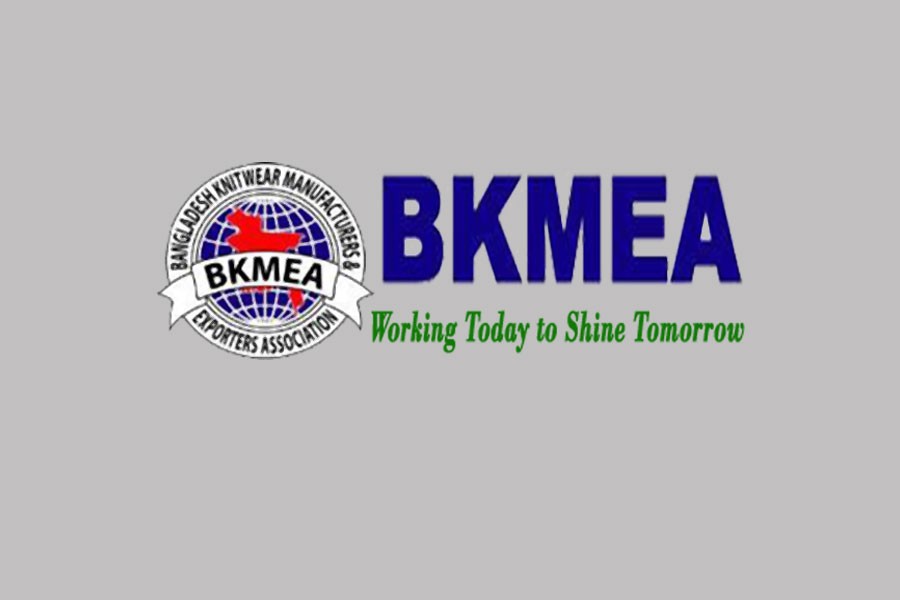Knitwear exporters demanded re-fixing the US dollar rate upward for encashment of export proceeds - as in case of remittance earnings - to keep the wheels of the sector running.
They also favoured the US$ rate re-fixation to maintain harmony between export and import rates, saying the gap between buying and selling should not be more than one taka.
They urged the Bangladesh Bank (BB) to fix the dollar rate at Tk 110.70 each from Tk 99 for encashment of export proceeds - like remittance earnings - to help them survive amid various local and global shocks.
Bangladesh Knitwear Manufacturers and Exporters Association (BKMEA) Executive President Mohammed Hatem made the plea to the central bank in a letter on October 08.
The BKMEA letter said the knitwear sub-sector of the country's ready-made garment industry, which earned US$23.21 billion in the last fiscal year - recording over 36 per cent growth, is dependent on import for raw materials and dyeing chemicals.
The sector's production cost gone up significantly with the rise in global prices of oil, transportation, raw materials and other logistics.
"As a result, it has become very difficult to make desired profit by exporting goods."
Also, the exporters are incurring huge loss due to the difference between import bill payments and export proceeds encashment in dollar, Mr Hatem explained.
The BKMEA leader made four proposals to bring harmony in imports and exports.
These included taking opinions of the two apparel trade-bodies - the BKMEA and the Bangladesh Garment Manufacturers and Exporters Association (BGMEA) - into consideration along with those of the associations of bankers and foreign exchange dealers while fixing dollar rates.
Majority of the export payments are being deferred ranging between 60 days to 120 days, while the exporters get 90 days to 120 days to settle import bills, he noted.
Dollar exchange rate for the exporters is Tk 99, while the banks are paying at a rate of Tk 105-106 for back-to-back letter of credit (L/C) or other import bills.
"We are facing huge financial loss due to such dollar conversion rate, which is not acceptable," Mr Hatem said in the letter.
He apprehended that a 'large shortfall' would create due to the gap, which the exporters cannot adjust, and requested the central bank to instruct the commercial banks to pay bills through the EDF - as was done previously.
The BKMEA leader noted that remittance and export earning equally contribute to increasing forex reserve. But the dollar exchange rates for remittance and export earning were fixed at Tk 110.70 (including 2.5 per cent incentive) and Tk 99 respectively. "As a result, the gap between remittance and export earning encashment stands at TK 11.70, which is discriminatory and not acceptable," he added, requesting same exchange rate for exporters.
On September 26, the Bangladesh Textile Mills Association (BTMA) also made similar request to revise the dollar rate.


